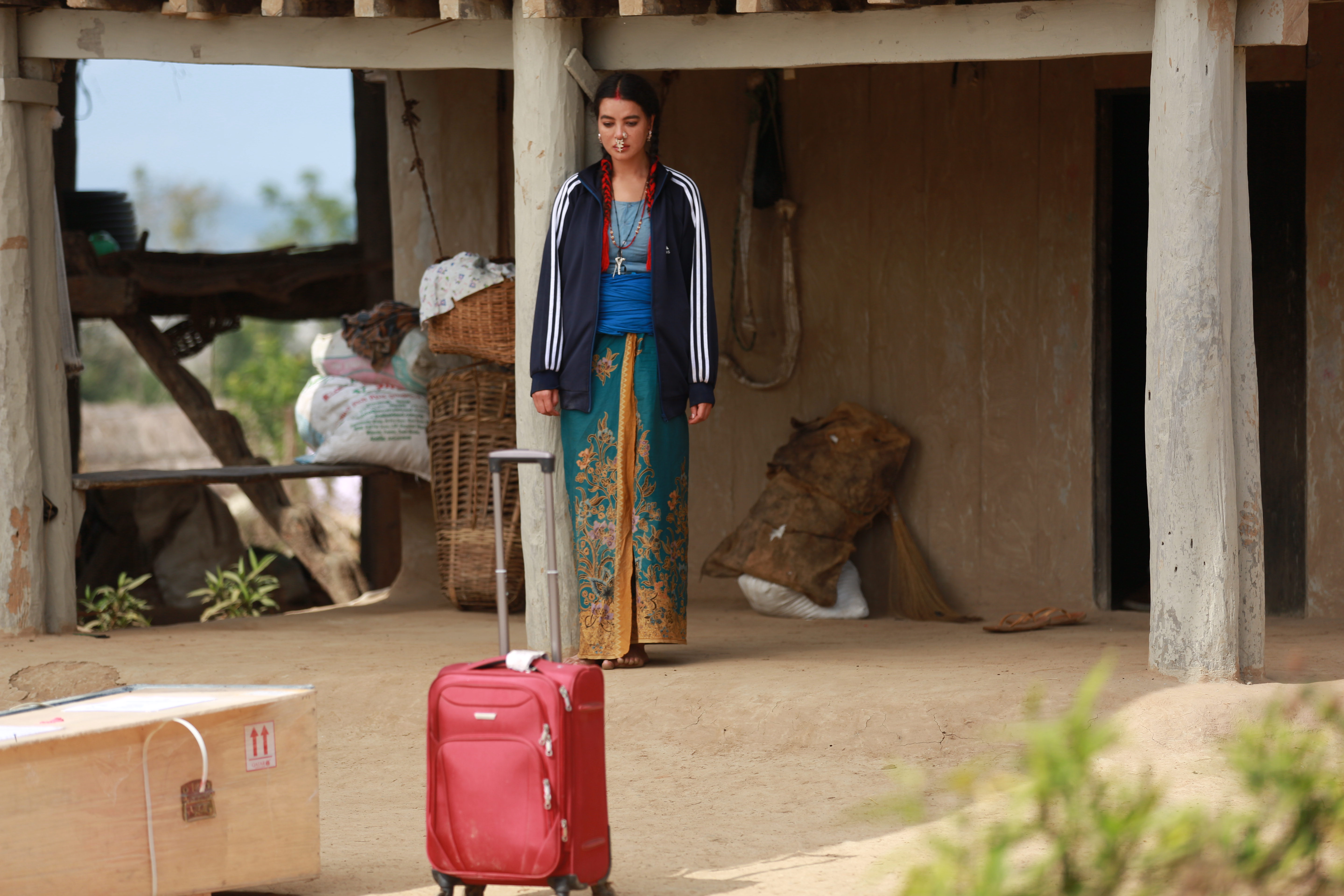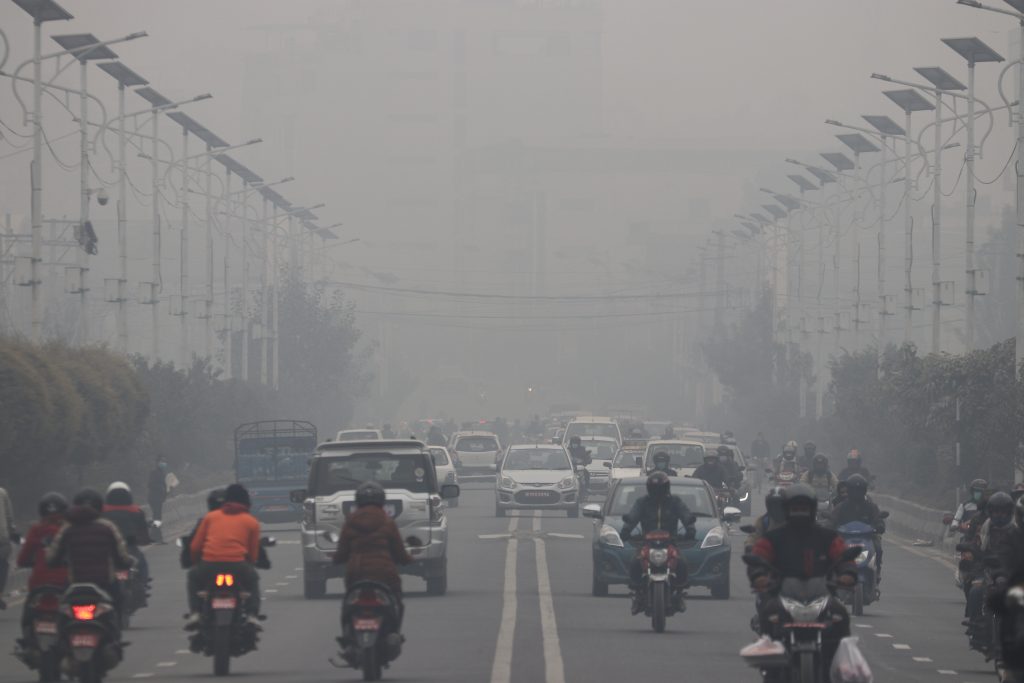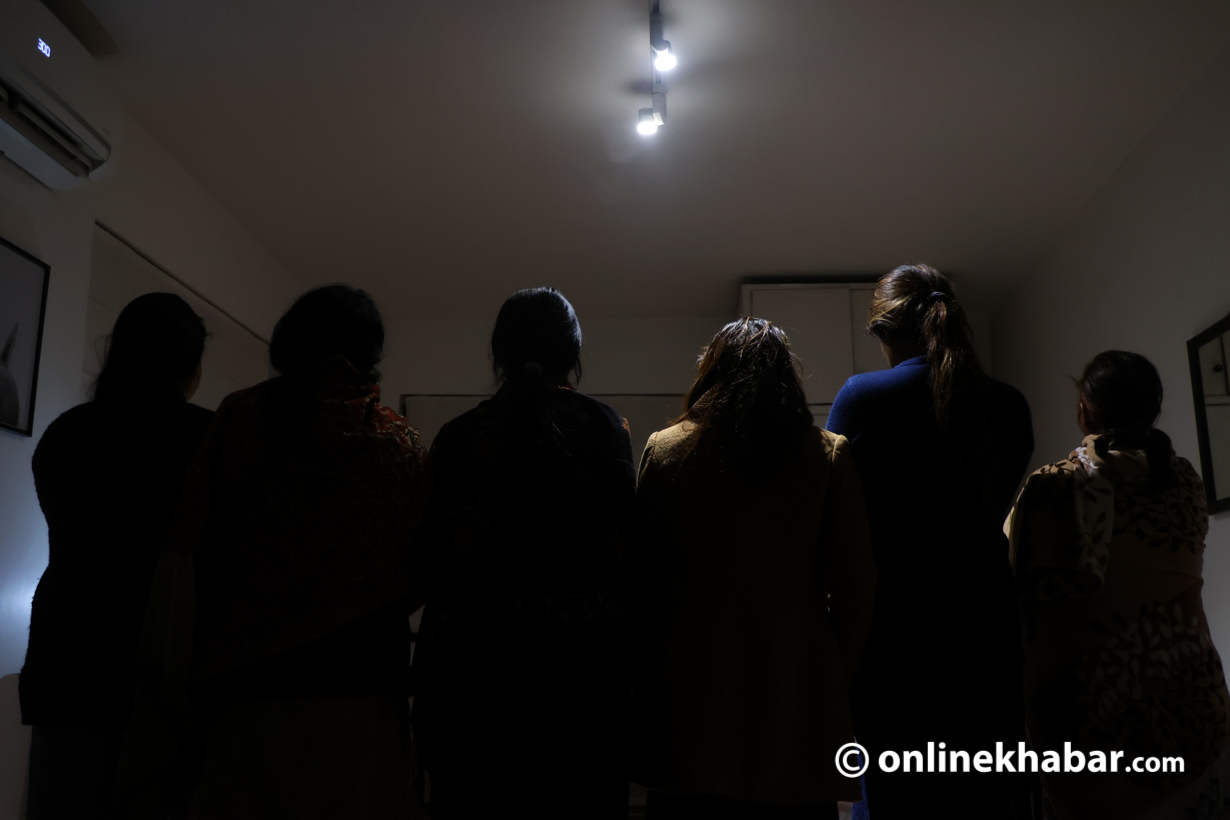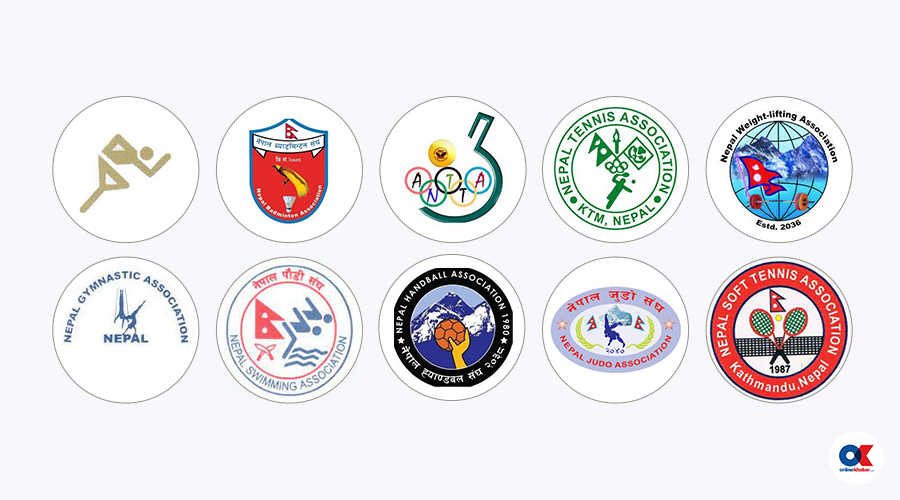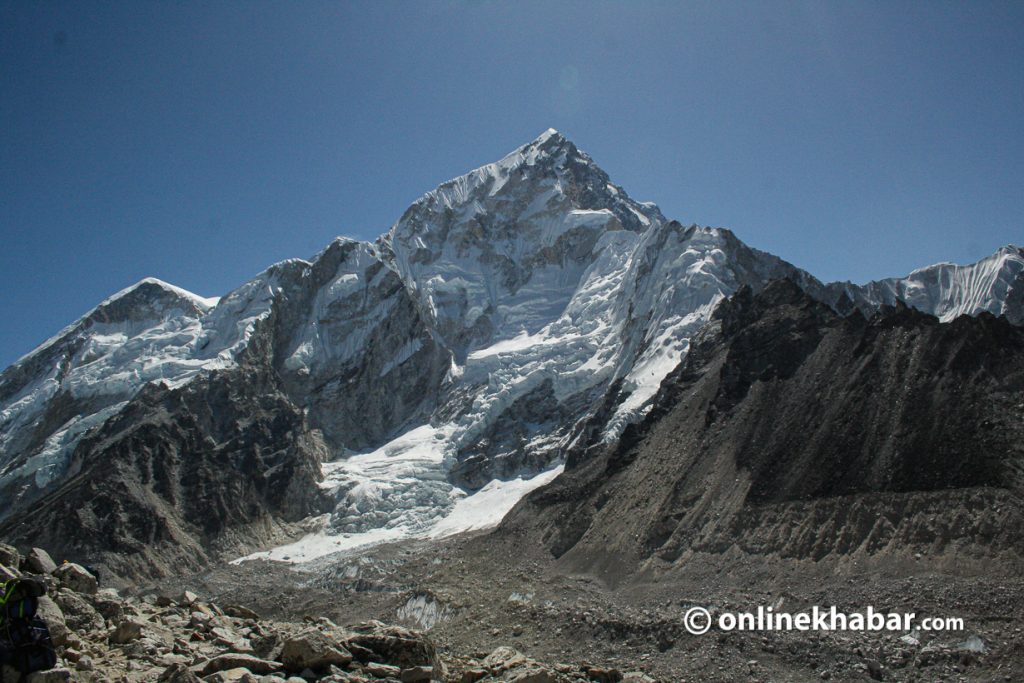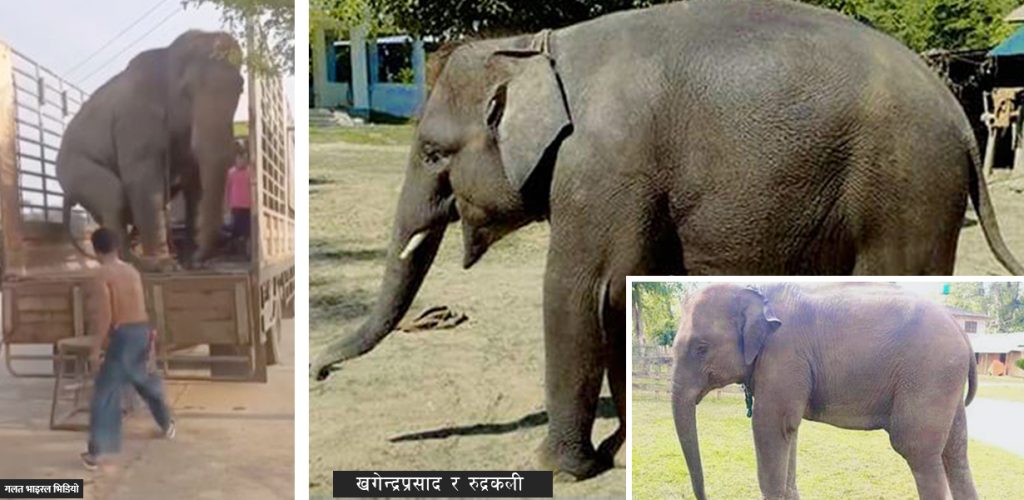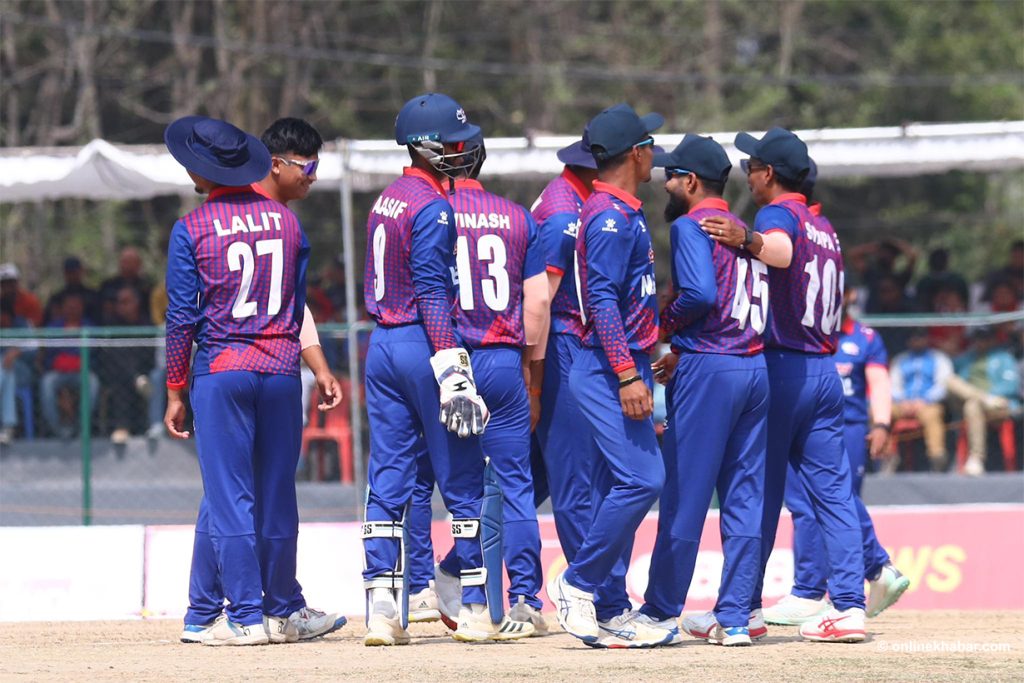
Kathmandu, May 31
Nearly 16 months after the escalation of a row over Nepal Cricket’s governing body’s leadership, the dispute has now boiled down to a clash of egos between former President Binay Raj Pandey and former General Secretary Ashoknath Pyakuryal.
Pandey and Pyakuryal, who are members of an advisory committee formed by the International Cricket Council with a mandate to suggest changes to CAN’s statute, are at odds over two key issues related to the rights of district-level associations.
The committee was formed by the ICC in October 2016; then Ministry of Sports Joint Secretary Chudamani Sharma, former CAN Vice-president Deepak Koirala, former skipper Pawan Agrawal, Sports Council’s Rohit Dahal and businessman Basant Chaudhary were named the other members. Pyakuryal and his associate Chatur Bahadur Chand were later added to the team. The ICC’s CEO David Richardson, who was in Kathmandu in September, had said that the committee will submit its report in June 2017, just ahead of the global body’s annual conference in London (June 19-23).
According to sources, while former skipper Agrawal has taken Pandey’s side, Sharma has been transferred and is no longer involved, Chaudhary has ‘lost interest’ in the proceedings and Koirala had been busy with local elections in his capacity as Kaski chief of CPN Maoist Centre. Dahal, meanwhile, has only shown interest in sending out a message that the National Sports Council is not responsible for the mess.
Pandey and Pyakuryal were close associates until December 2011. While Pandey was President of CAN’s ad-hoc body that had been running the association for over 70 years, Pyakuryal worked as General Secretary for some time. In December 2011, when the National Sports Council ordered the ad-hoc committee to conduct elections, Pyakuryal supported Maoist leader Tanka Anbuhang for President and filed his candidacy for General Secretary. Both Anbuhang and Pyakuryal won.
In June 2014, the anti-corruption body CIAA filed corruption charges against 10 board members, including Anbuhang and Pyakuryal saying that they had embezzled the association’s funds. With top officials under investigation, the association was being run by acting presidents, who could not perform their duties for lack of a mandate. It was during the same time that the players resorted to protests demanding a change in leadership in the association, and hike in their benefits.
During the last few weeks of their tenure in office, the 10 people were acquitted by the Special Court. Following the development, the UML, the ruling party, found an opportune moment to gain foot-hold in CAN, which was earlier under the ‘sphere of influence’ of the Maoists and the Nepali Congress.
The Maoists, including Anbuhang, also backed the UML, at the cost of Congress sympathisers, including general secretary Pyakuryal. The communist parties chose the National Sports Council as the agency to execute their design to ‘kick’ Congress out of CAN. But the main opposition Nepali Congress was in no mood to allow the ruling parties to take over the responsibility for one of the most popular sports in the country. Congress supporters within the association organised a general assembly and elected Congress leader Chatur Bahadur Chand as president.
The National Sports Council, which is a government body, did not recognise Chand’s election. Instead of taking the initiative to settle the differences between the Anbuhang and Chand groups, the NSC formed its own ad-hoc committee, with UML sympathiser Ramesh Siwlal as the board president. NSC Member Secretary Keshav Bista says the move was taken with the consent of the ICC. Pandey was watching all these from the sidelines.
Pandey, according to sources, believes that Pyakuryal brought politics into cricket and he is responsible for the mess the sport is in. Pyakuryal, meanwhile, believes Pandey wants to retain the leadership of the association and does not want to pass it on to the new generation. He says was not actively involved in cricket until the ICC suspended CAN last year citing ‘political interference’ and formed the advisory committee.
The thorny issues
Pyakuryal has demanded that every district body should have voting right at the central level. He has also demanded that the current leadership in the districts be retained until fresh elections are held. Pyakuryal believes that he has support in the districts and if the leadership there is retained, he will hold sway in the association.
However, Pandey has said no to the demands. He maintains that the moment the new staute is implemented, all district-level bodies will cease to exist. He also wants only a select districts to have voting rights at the central general assembly.
Issues that have been sorted so far
Both Pandey and Pyakuryal have agreed to form a new association, and to not transform CAN into a board. They have also agreed to have 17-18 members. Similarly, the provincial bodies are to have 15-17 people as executive members. The number for the districts shall be around 13-15. Only district bodies can distribute membership, and clubs that have played at least two tournaments will only be eligible for membership.
Representatives sent by the districts to the general assembly can file candidacy for President and General Secretary, but they will have to have a minimum level of educational qualification.
The way forward
Both Pandey and Pyakuryal have come to a conclusion that the dispute cannot be settled. They are preparing to send two sets of recommendations to the ICC soon. “We tried to reach a settlement, but we are nowhere near an agreement. We will send the recommendations in one-two weeks,” a member of the advisory committee told Onlinekhabar.










